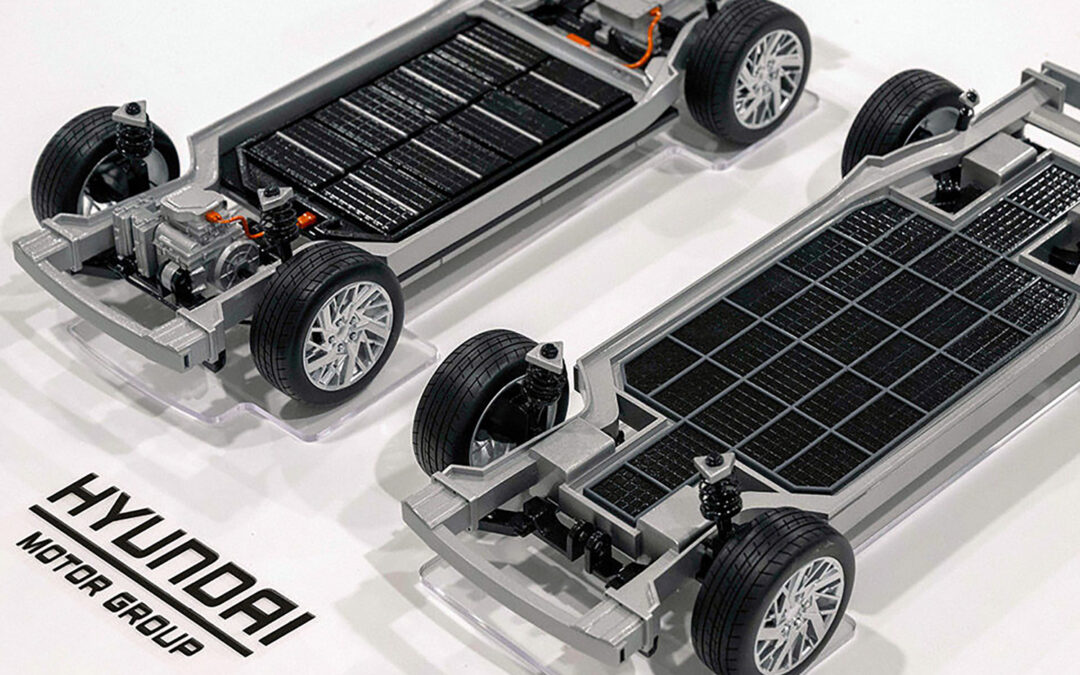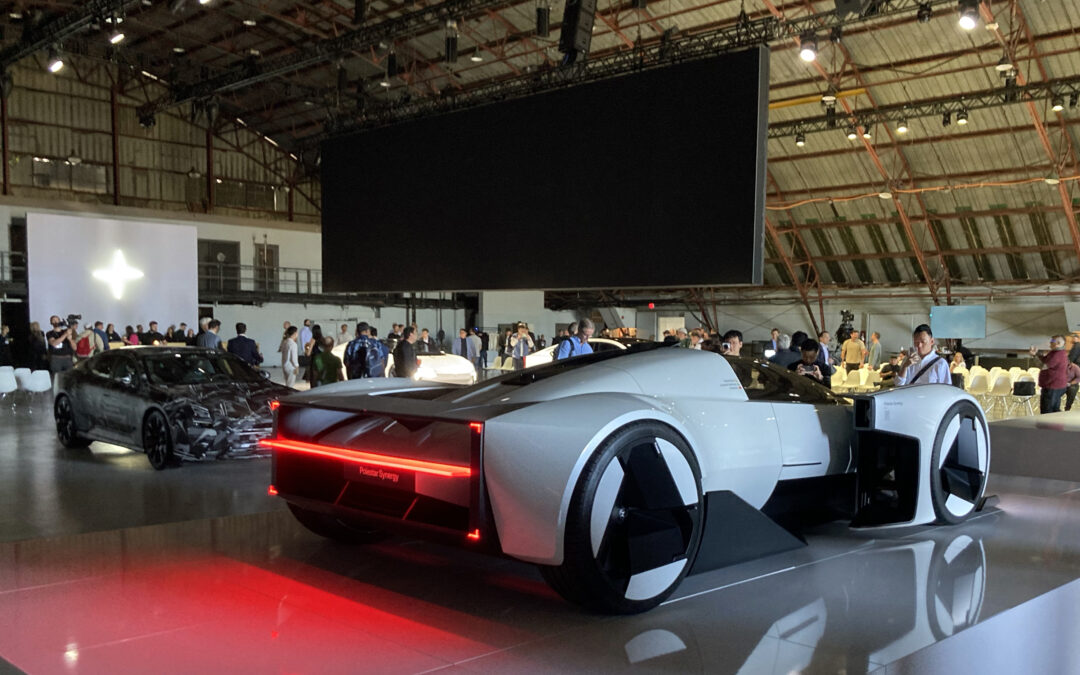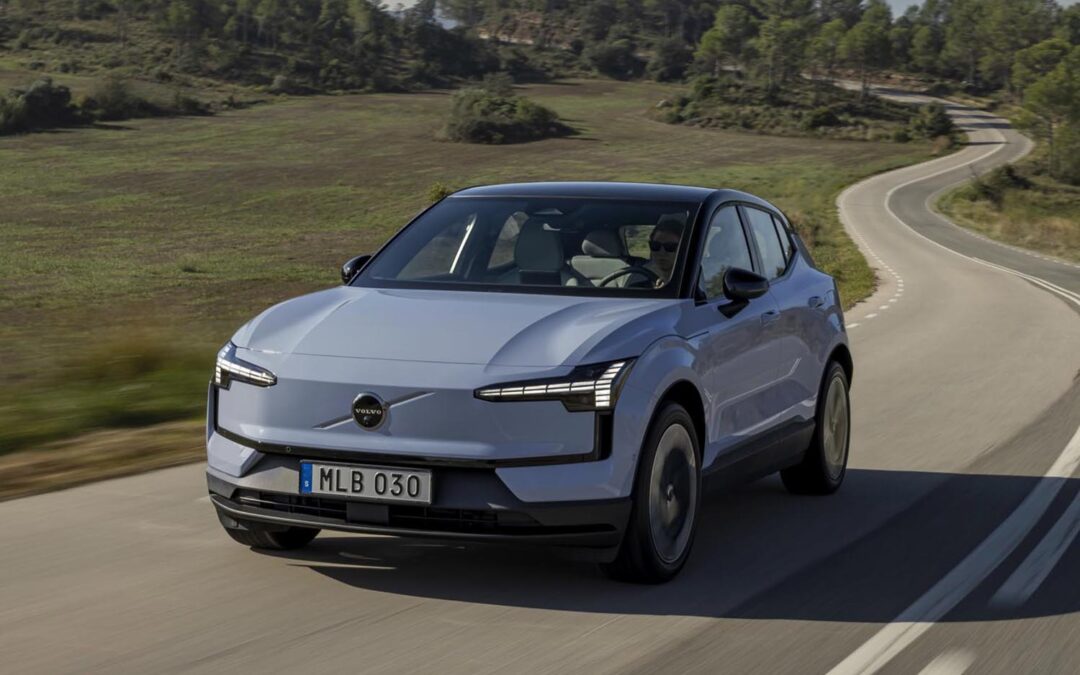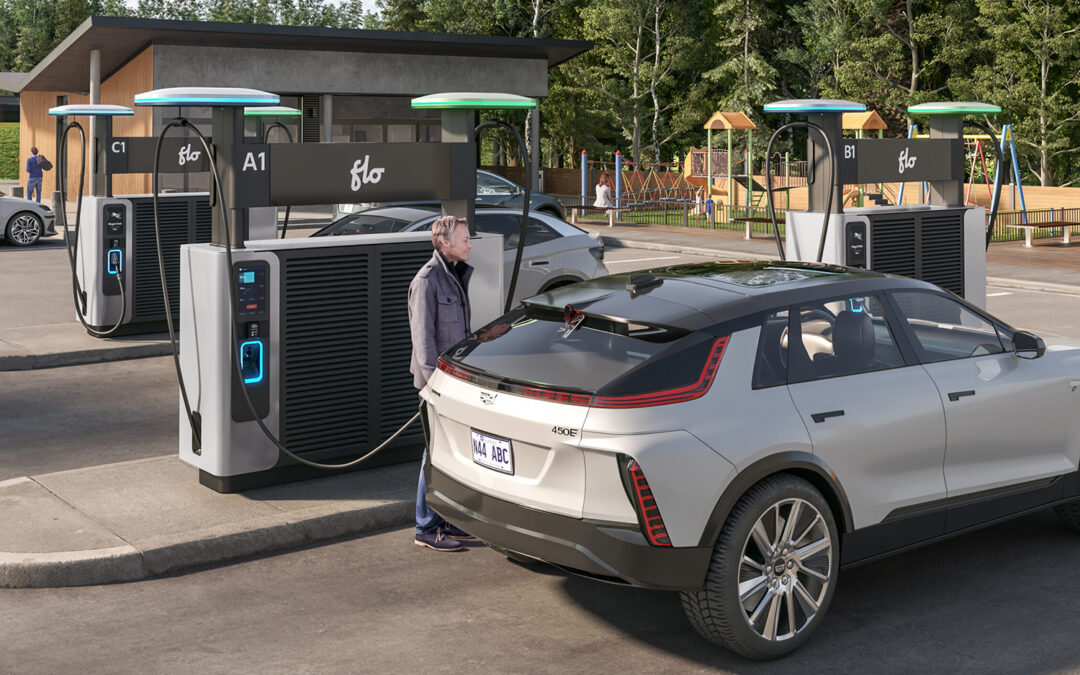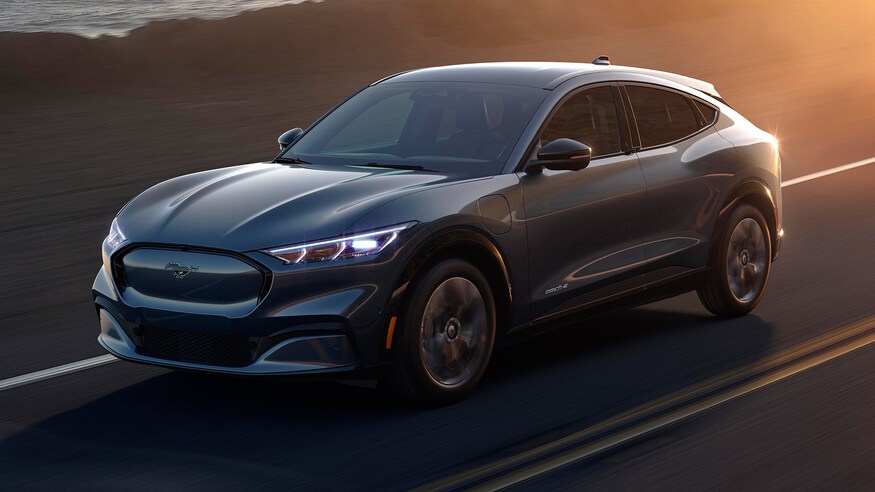When Premier Doug Ford took power in 2018, he was quick to phase out the electric vehicle subsidy that had been put in place by the Liberal government. Now, it appears that Ford has no intention of bringing those subsidies back, which places him in direct opposition to his political rivals.
On Wednesday, Ford and Prime Minister Trudeau announced a $132 million funding plan for Honda to retool its plant to build low and zero-emission vehicles. “Since we’ve been in office, electric vehicles have tripled in sales, so I guess that was a good decision,” the premier told reporters following the announcement. This comment has sparked debate among his critics, who note that Canada is, in fact, lagging well behind other countries in the realm of EV sales and adoption.
The Ontario Liberals are pledging subsidies of up to $8,000, while the Ontario Green Party pledge $10,000 in the hopes of making EVs more affordable for Canadians. “Without a real plan to make EVs more affordable and accessible, driving electric will remain out of reach for far too many Ontario families,” Green Leader Mike Schreiner said in a statement.
In the past, Ford as criticized these programs, explaining that he has no intention of helping “millionaires” to obtain subsidies on expensive Teslas. In fact, his decision to stop EV incentives in 2018 even led to a lawsuit from Tesla on behalf of buyers.
Unfortunately, we are now seeing the costs of EVs surge as material and production costs rise, and electric pickup trucks and SUVs will boast higher price points due to larger battery requirements. As this upward trend continues, many Canadians will be unable to get over the affordability gap of EVs versus their gas-powered counterparts. “This is bad news for Canadian drivers, who are missing out on thousands of dollars in cost-savings per year, not to mention insulation from today’s soaring gas prices,” senior policy adviser for Clean Energy Canada, Joanna Kyriazis wrote on the group’s website.
Notably, Canada is lagging behind Germany, the United Kingdom, France, and China when looking at reports of new EV registrations for the first three quarters of last year.

